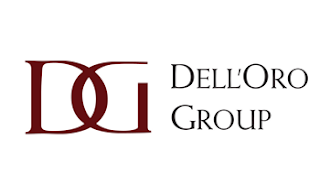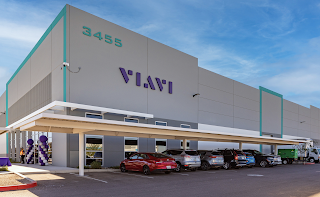Singtel has unveiled Southeast Asia’s first National Quantum-Safe Network Plus (NQSN+), designed to shield enterprises from emerging quantum threats. Singtel's pioneering initiative offers a customized program for businesses to trial the technology before full-scale adoption. Singtel’s Quantum-Safe Network (QSN) supports a wide array of network and security devices, enabling seamless integration and enhanced connectivity for enterprises looking to secure their communications.
Appointed by the Infocomm Media Development Authority last year, Singtel has developed Singapore’s first NQSN+ to bolster the nation's resilience against quantum threats over the next decade. The advanced network extends quantum-safe security to various new use cases, including identity, mobility, and authentication services, providing comprehensive protection for business-critical data.
Singtel is also launching a three-phase pilot program to support enterprises in adopting quantum-safe technologies. This program includes workshops to build awareness, integration testbeds to validate interoperability, and live trials to assess network behavior and operational aspects. Singtel will collaborate closely with enterprises to develop tailored quantum-safe use cases, ensuring a risk-free and smooth integration of these advanced technologies.
Key Points:
- Quantum-Safe Network Launch: Southeast Asia’s first NQSN+ to protect enterprises from quantum threats.
- Custom Trial Program: Singtel offers a program for enterprises to trial quantum-safe technology before adoption.
- Enhanced Security: The network supports various devices and extends security to new applications like identity and authentication.
- Three-Phase Pilot Program: Includes awareness workshops, integration testbeds, and live trials for seamless technology adoption.
- Tailored Use Cases: Singtel will develop industry-specific quantum-safe use cases in collaboration with enterprises.
Mr Ng Tian Chong, Chief Executive Officer, Singtel Singapore said, “Singtel has always played a central role in our nation’s security. Though quantum computing may be in its nascent stages, it’s fast gaining velocity across critical information sectors, especially banking, healthcare and government services, and we want to ensure Singapore is ready for it. That’s why we specially-curated this programme to equip enterprises with the relevant skills and knowledge so they can take the necessary steps to future-proof their critical networks against potential quantum threats. We encourage all enterprises who are keen to bolster their digital resilience to reach out to us so they can be prepared for the quantum age.”
https://www.singtel.com/business/campaign/quantumsafenetwork.




















